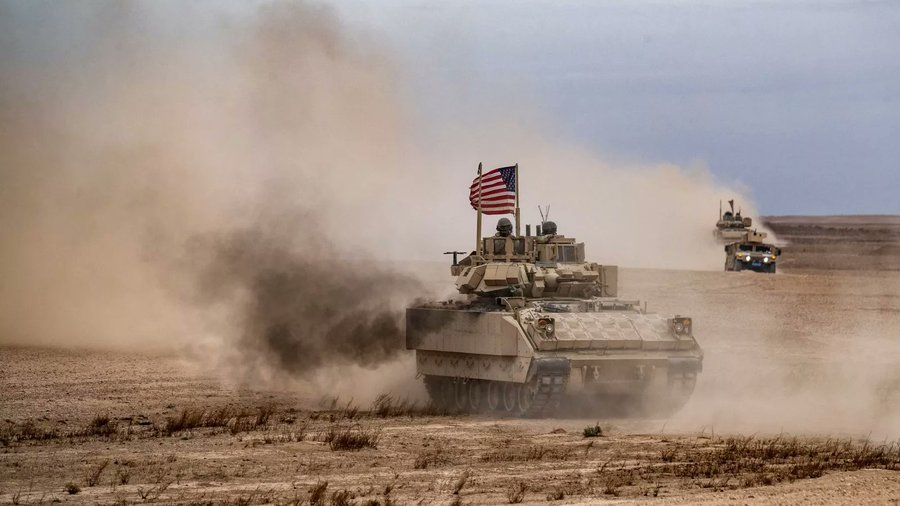By Gil Barndollar
The Soviet Union voted itself out of existence on Dec. 26, 1991, in perhaps the greatest peaceful triumph of liberty in world history. But in the three decades since, bellicosity in the name of liberty has most distinguished the victorious United States to many observers around the globe. Despite historically unprecedented power and security—a brief unipolar moment as the world's first "hyperpower"—America couldn't help itself, frequently trying to provide global leadership at the point of a bayonet.
Bloodless triumph at the Berlin Wall was followed swiftly by the Highway of Death in Kuwait. The United States may have been both morally and strategically correct in ejecting Iraqi forces from Kuwait, but the crushing victory presaged more wars to come. President George H. W. Bush was jubilant, exulting to a group of lobbyists, "by God, we've kicked the Vietnam syndrome once and for all."
Armed interventions in Somalia, Haiti and the Balkans helped fill the '90s. In the wake of the Sept. 11 attacks, the United States invaded Afghanistan and then Iraq, with the overwhelming support of the American people and their elected representatives. There was heady talk of driving on to Tehran and transforming the Middle East. Anti-war voices suffered "cancellation" long before the term was coined. A septuagenarian Donald Rumsfeld was briefly a sex symbol in some quarters.
This piece was originally published in Newsweek on January 27, 2022. Read more HERE.

